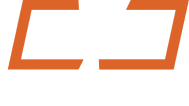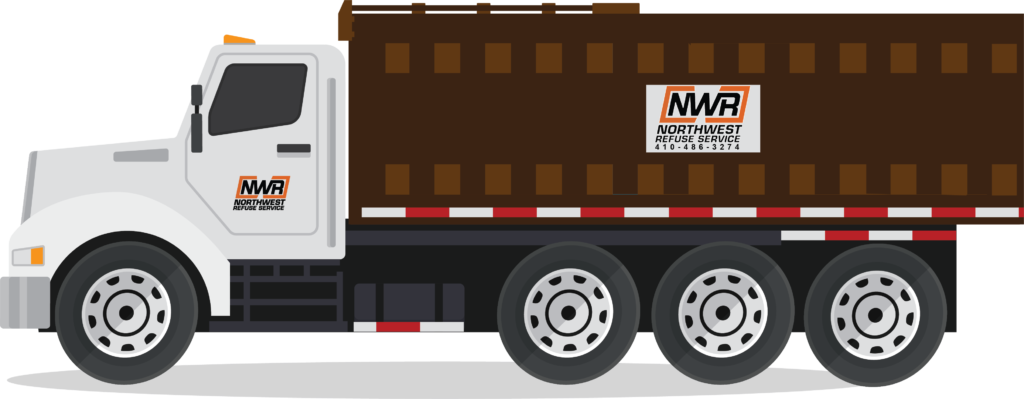Key Considerations When Choosing a Trash Company (Part 2)
To Broker or Not To Broker? Navigating the Trash Provider Marketplace
In Part 1 of our series, we outlined key factors to consider when selecting a waste removal provider. Next we’ll explore: should you use a broker or go direct to a hauler? What are the pros and cons of each approach?
Going direct to a hauler can help you negotiate aggressively to potentially land lower rates. You also get to deal directly with the company that will actually be servicing your property. However, this approach requires more time and effort on your end. You need to research options, solicit bids, compare proposals, and attempt to get the best deal.
Working with a broker streamlines the process. They leverage existing industry relationships to request bids and negotiate rates on your behalf. But you pay a premium for this convenience and expertise. Brokers typically charge a percentage of the contract as their fee.
If using a broker, look for:
- Solid industry experience. Longstanding players have well-established contacts and know what leverage points to use in negotiations.
- Strong existing hauler relationships. Access to multiple providers creates competition, giving you better selection and rates.
- Transparent fees. Understand exactly what you’re paying the broker for their services. There should be no hidden costs.
- Responsiveness. Can they deliver multiple quotes quickly? Do they promptly answer questions? Top brokers provide speedy service.
Questions to ask potential brokers:
- How many years have you worked specifically in waste brokerage? Look for 5+ years minimum in the field.
- Which haulers do you already have contacts at? The more established relationships, the better.
- What are your fees and how are they calculated? Flat fee? Percent of contract total? Understand the breakdown.
- Will you provide multiple hauler quotes for comparison? Brokers should supply at least 3 bids.
Stay tuned for Part 3, where Northwest Refuse Service will review common trash contract terms and traps to avoid.


